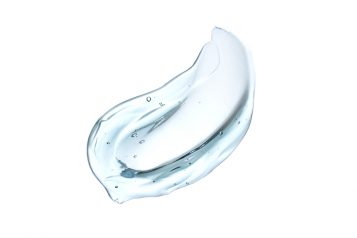 Photo Credit: Shutterstock
Photo Credit: Shutterstock
Dr. Husam Almunajed is the founder of his private practice Empire Dental Aesthetics and holds a Clinical Instructor position at New York University School of Dental Medicine’s premier Aesthetic Advantage Program. A former student of Aesthetic Advantage, Dr. Almunajed progressed through all levels and achieved the Masters’s level multiple times before being asked to be part of the faculty.
Our sweet tooths are in full effect entering the holiday season and with Halloween around the corner candy consumption is at an all-time high. Haute Beauty chatted with New York City Smile Expert Dr. Husam Almunajed to learn about the side effects of sugar consumption on your teeth and how to deal with it.
“The mouth is full of hundreds of thousands of bacteria, many of which are beneficial to one’s oral health. However, there are certain harmful bacteria that feed on the sugars you eat to create acid that destroys the tooth enamel. This results in a cavity, that is really a bacterial infection created by acids, that cause your teeth to experience a hole in them,” says Dr. Almunajed.
“Without treatment, cavities can progress past the enamel and into the deeper layers of the tooth, causing pain and possible tooth loss,” he adds.
Preventing Dental Damage From Sugar
 Photo Credit: Shutterstock
Photo Credit: Shutterstock
The best form of protection is prevention. Having great oral hygiene is the first step in preventing damage to your teeth from sugar consumption. Dr. Alumnajed says proper brushing, mouth washing, and flossing every night can help in avoiding cavities.
“With getting back with the new normal lives we are all getting adjusted to, it’s important not to neglect ourselves and maintain our health. With increasing stress from everywhere, it’s very easy to indulge in some guilty pleasures, and it’s absolutely fine to enjoy them,” says Dr. Almunajed.
Treatment
Small cavities
Dr. Almunajed says that drilling-and-filling isn’t the only way to address cavities, and smaller ones can be treated non-invasively with a material called MI Paste, which is essentially a high dose of fluoride that is applied to the tooth to rebuild enamel or re-calcify the tooth. Early cavity detection is essential for this treatment, which is yet another reason why regular dental visits are so important.
For more information, visit Dr. Brian A. Levine's social media:

























